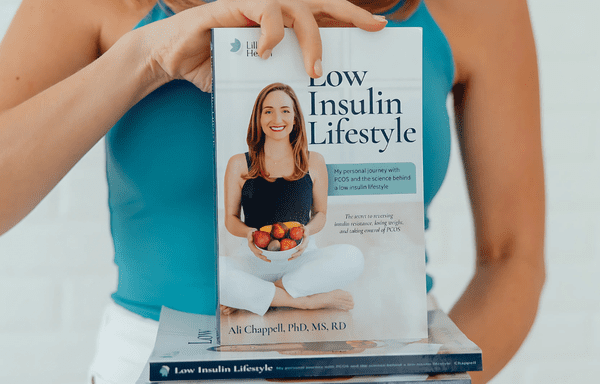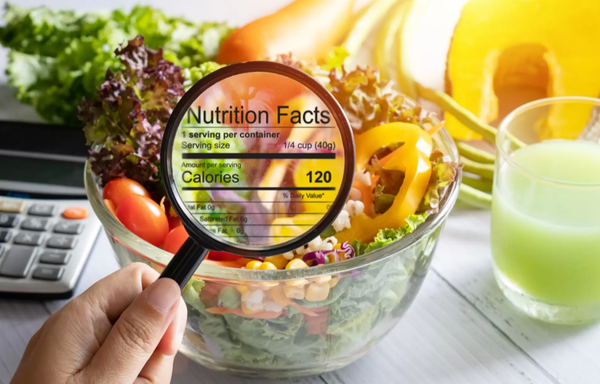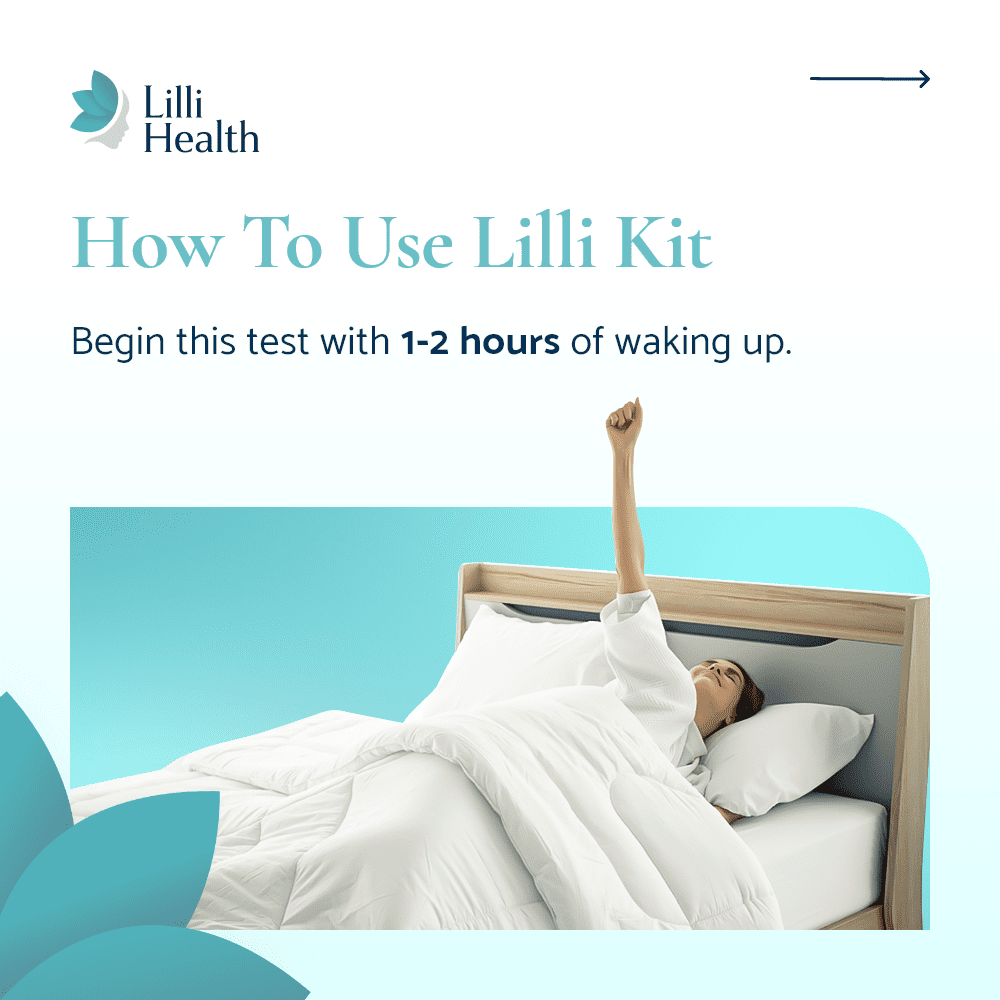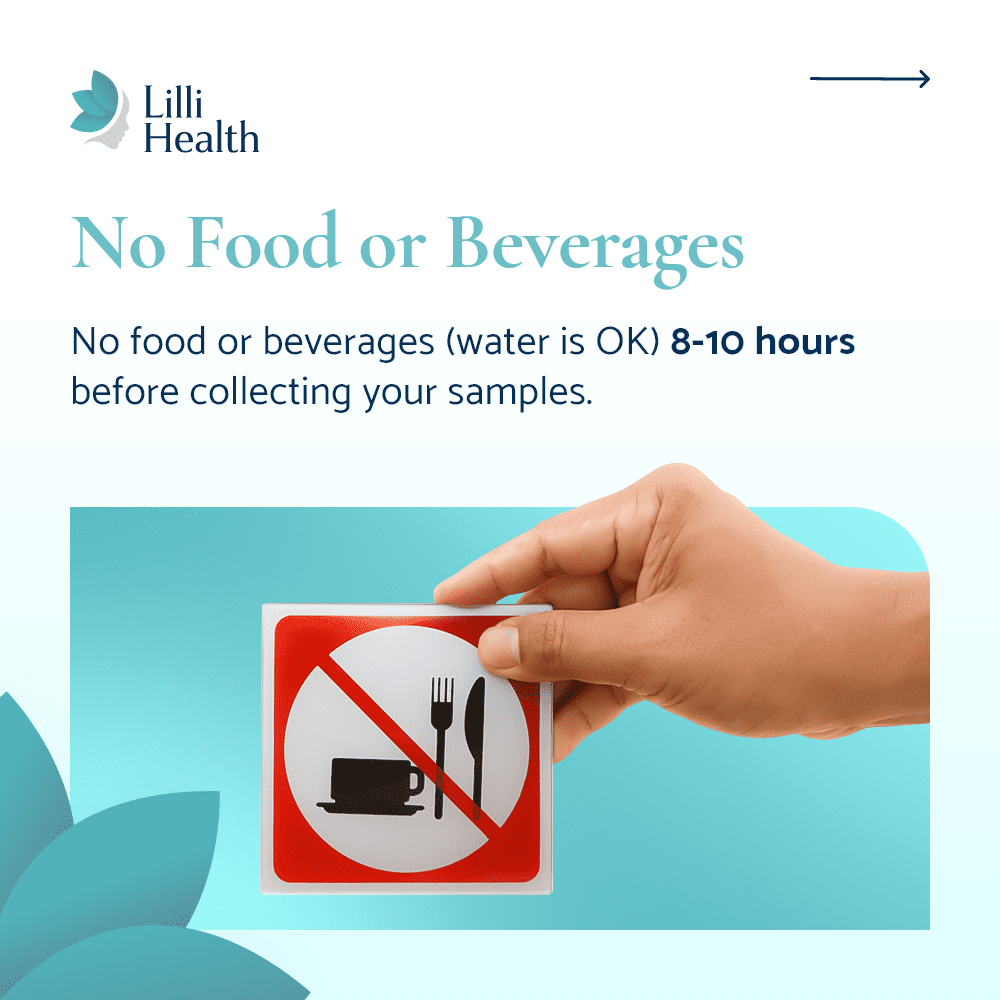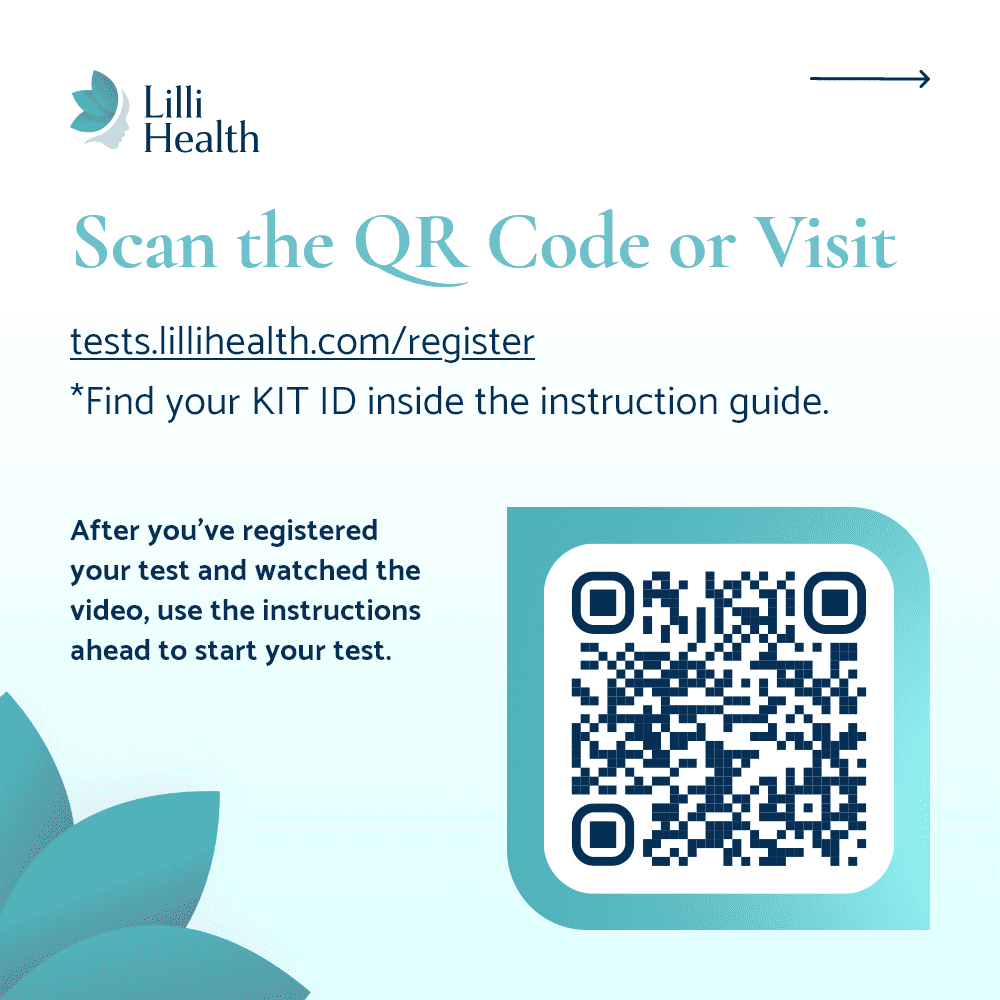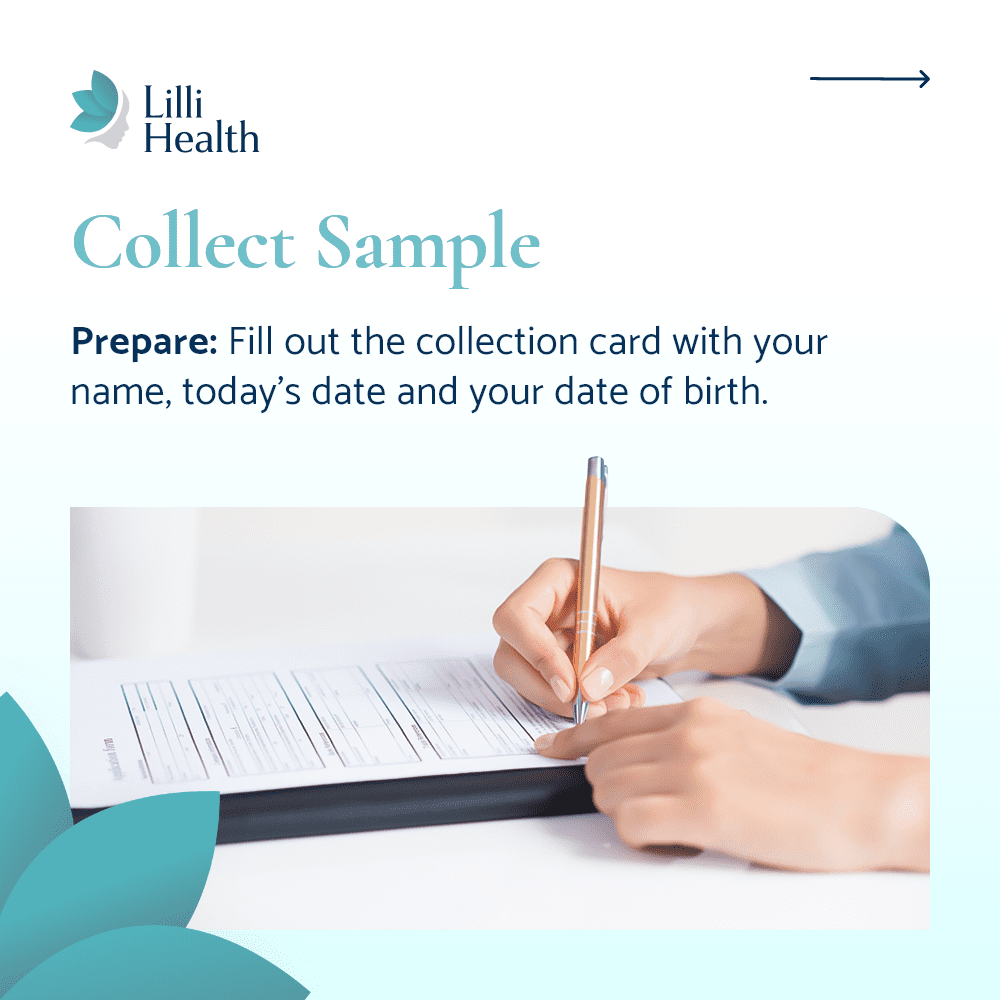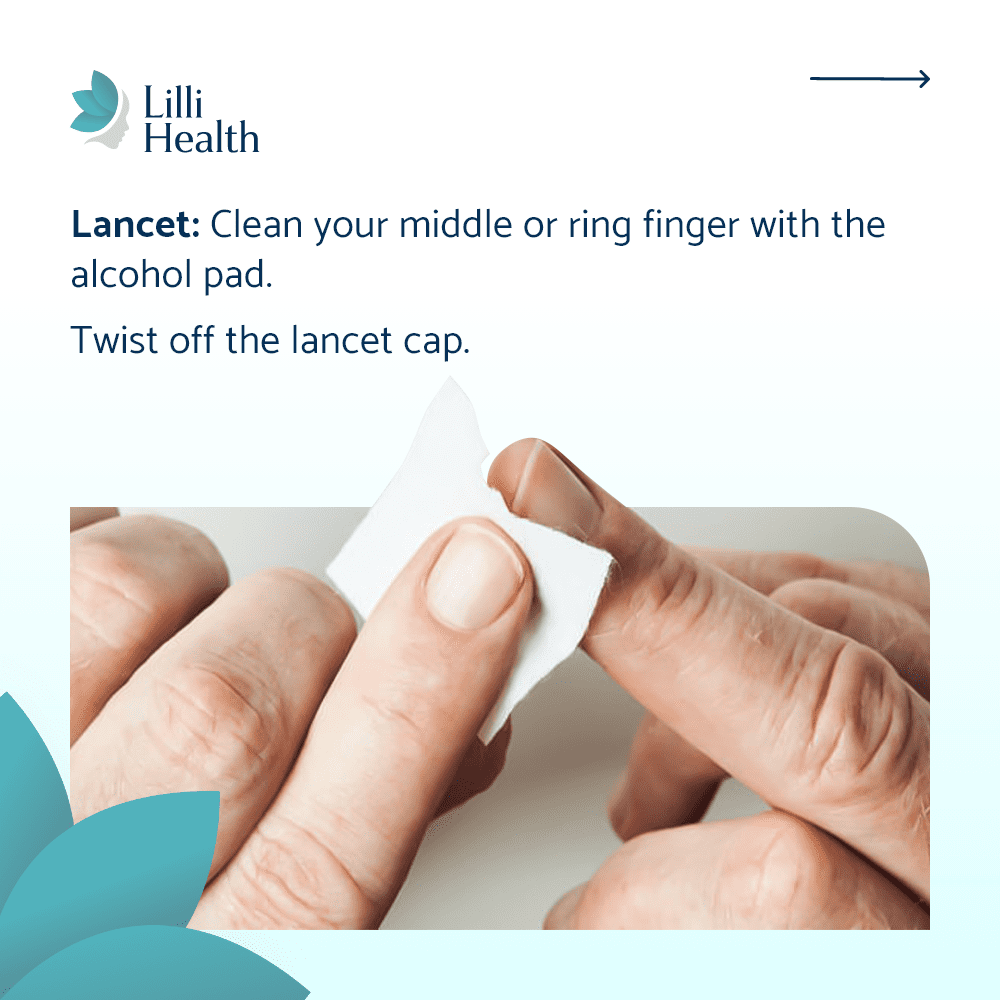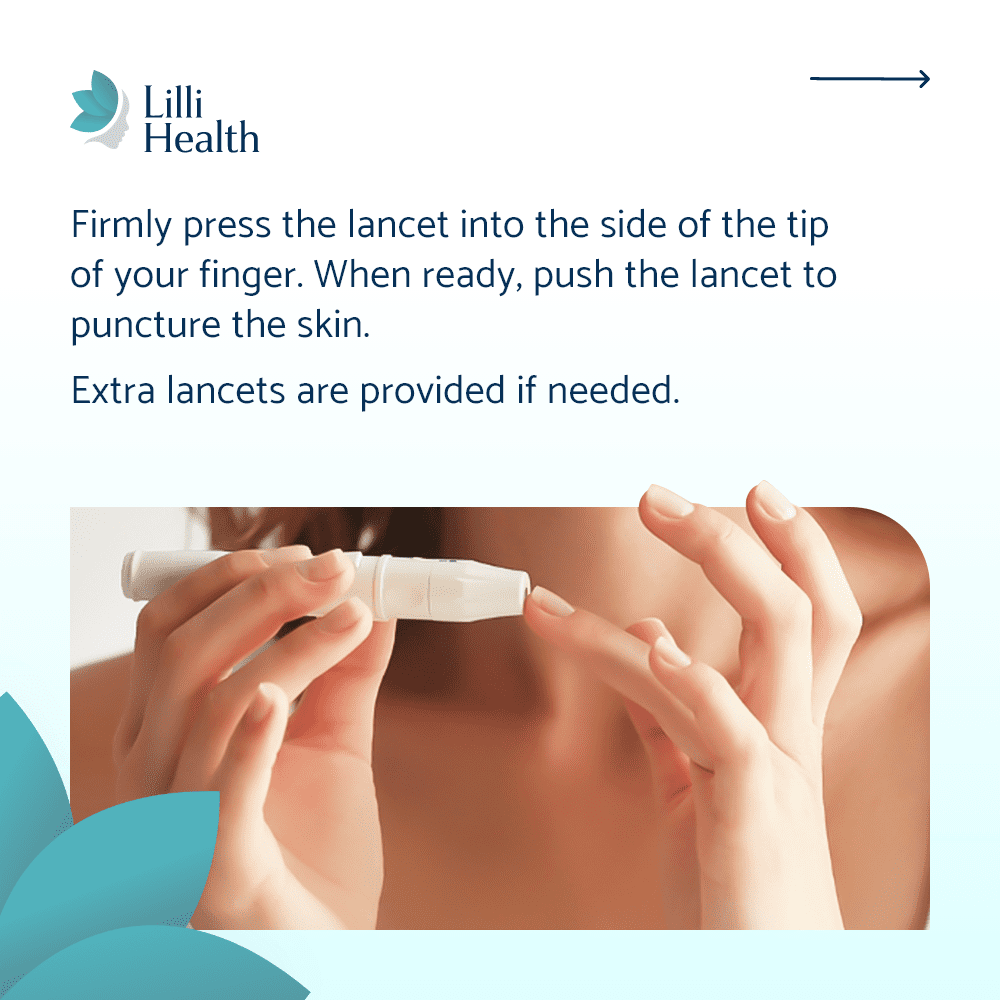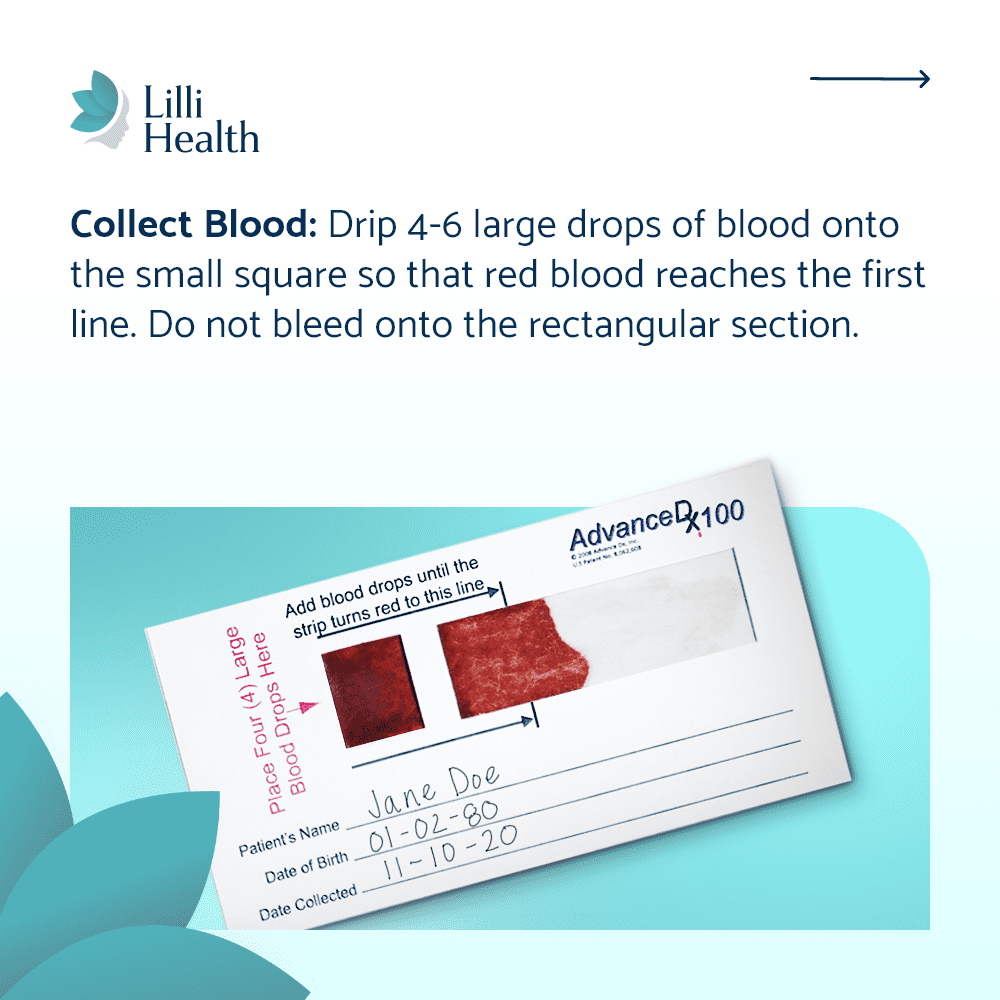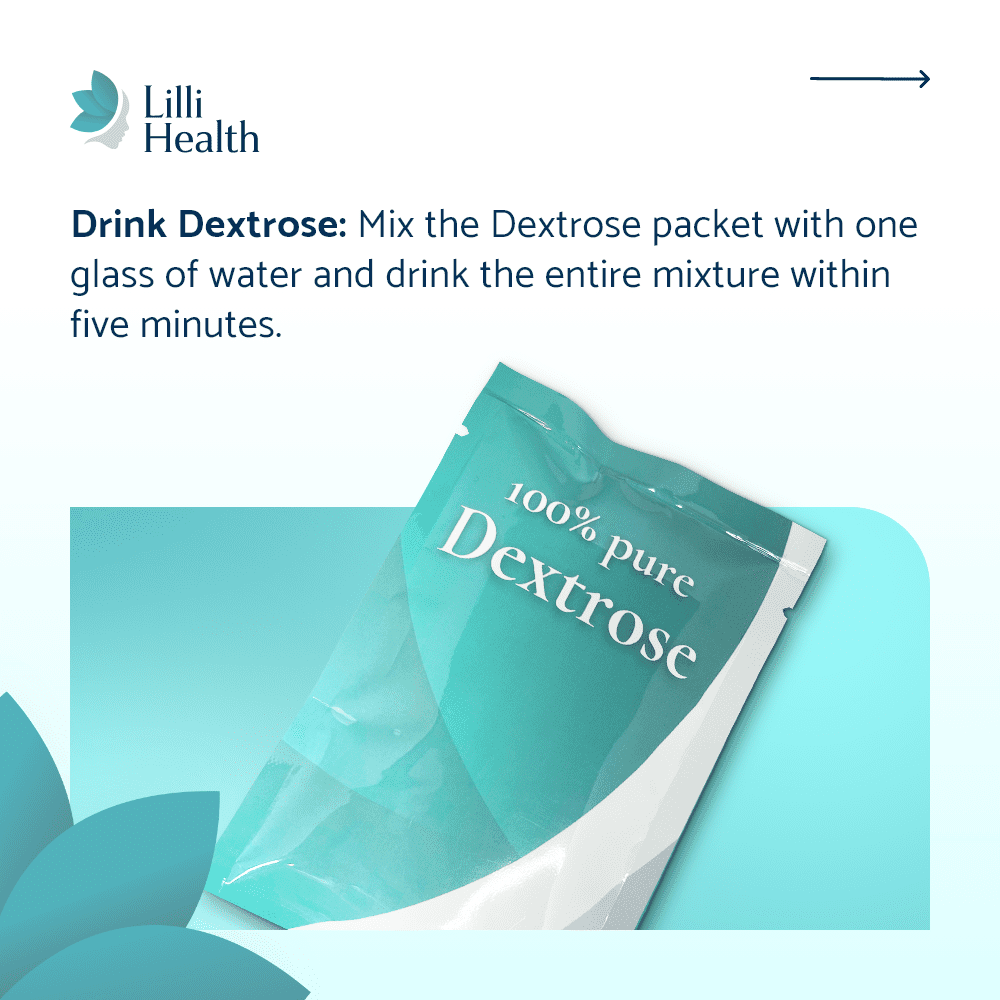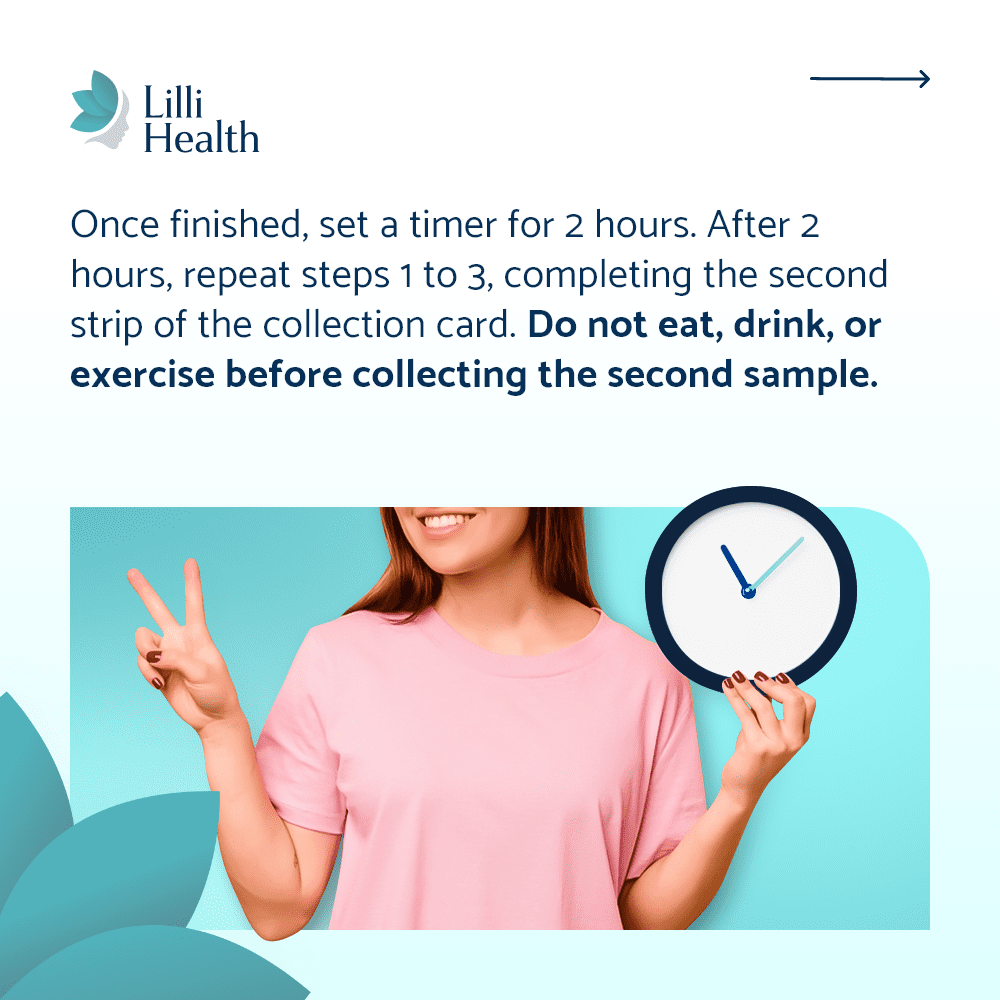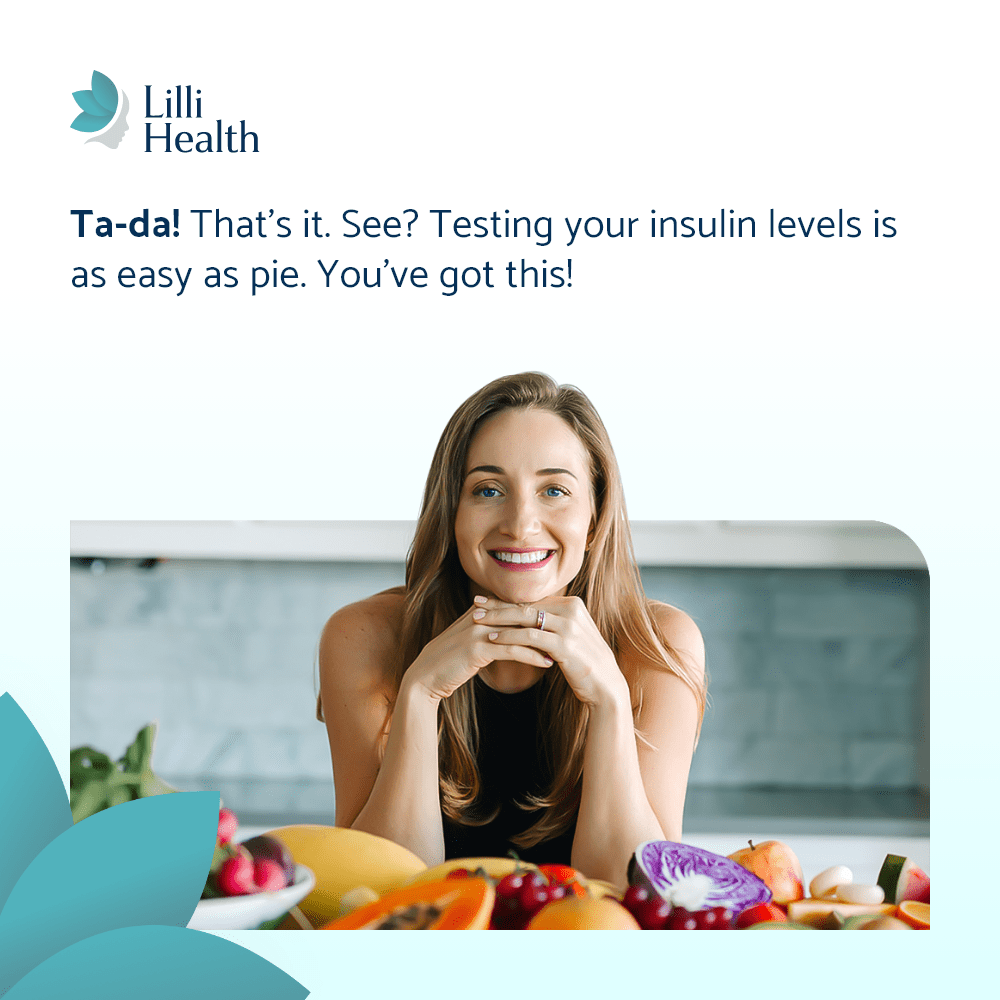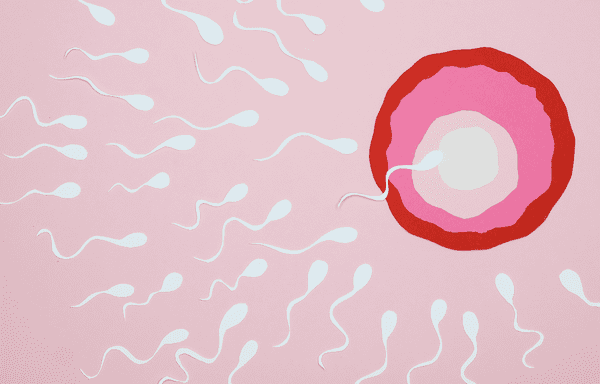

Navigating the Journey to Parenthood: The Crucial Role of Insulin in Fertility
For many women, the journey to parenthood is exciting but can also come with unexpected challenges. This is especially true for those with PCOS or insulin resistance. At Lilli Health, we know how frustrating it can be to feel like you’re doing everything right but still struggling to conceive.
What often gets overlooked in conversations about fertility is insulin. If your doctor is only measuring glucose and A1C, they are missing the biggest piece of the puzzle. Understanding how insulin impacts reproductive health can be a game-changer in your journey to parenthood.
How Insulin Affects Fertility
Most people think of insulin as just a blood sugar hormone, but it plays a much bigger role—especially in reproductive health. Insulin directly affects egg quality, ovulation, implantation, and even placental development. When insulin is too high, it throws off the delicate hormonal balance needed for conception and a healthy pregnancy.
1. Egg Health: Why Insulin Matters Before You Even Conceive
Every month, your ovaries prepare eggs for ovulation. But if insulin levels are too high, it can damage eggs before they even have a chance to be fertilized.
- Too much insulin leads to high levels of androgens (male hormones), which can interfere with egg development and cause poor egg quality.
- Eggs exposed to high insulin are more likely to have DNA damage, making them less likely to result in a healthy pregnancy.
- Oxidative stress from insulin resistance can make eggs more fragile, increasing the risk of early miscarriage.
If your doctor is only testing glucose or A1C, they may be missing the real issue. High insulin could be affecting your eggs long before you even try to conceive.
2. Ovulation: Why High Insulin Can Stop It Altogether
Ovulation is when your ovary releases an egg so it can be fertilized, but insulin resistance can disrupt or even completely stop ovulation.
- High insulin increases testosterone levels, which can prevent the ovary from releasing an egg.
- It interferes with the hormones (FSH and LH) that regulate ovulation, leading to irregular cycles or skipped ovulation.
- Inconsistent ovulation makes conception harder because it’s difficult to know when (or if) you’re fertile.
Even if you occasionally ovulate, high insulin makes cycles unpredictable. This is why measuring glucose alone isn’t enough—you need to know what your insulin is doing.
3. Implantation: Why a Fertilized Egg May Struggle to Attach
Even if ovulation happens and an egg is fertilized, high insulin can make it harder for the embryo to attach to the uterus.
- Insulin resistance can cause inflammation, which makes the uterine lining less receptive to implantation.
- It can interfere with progesterone, the hormone that helps prepare the uterus for pregnancy.
- Many women with insulin resistance experience chemical pregnancies (very early miscarriages) because the embryo struggles to implant properly.
This means that even if everything looks good on paper—you’re ovulating, and fertilization occurs—your body might not be able to support a pregnancy from the start.
4. Placental Development & Pregnancy Complications
Even after implantation, insulin plays a major role in the health of your pregnancy.
- High insulin levels can affect how the placenta develops, increasing the risk of pregnancy complications.
- It raises the risk of gestational diabetes, preeclampsia, and miscarriage.
- Babies born to mothers with high insulin levels are more likely to develop metabolic issues later in life.
This is why lowering insulin before conception isn’t just about getting pregnant—it’s about supporting a healthy pregnancy and baby.
How A Low Insulin Lifestyle Supports Fertility
The good news? You can take control of your insulin and improve your fertility.
A Low Insulin Lifestyle can help you lower insulin levels while still ensuring you are getting key nutrients to support a healthy pregnancy. This can:
- Support egg health by lowering inflammation and oxidative stress.
- Improve ovulation by balancing reproductive hormones.
- Increase implantation success by creating a better environment in the uterus.
- Reduce the risk of pregnancy complications like gestational diabetes and miscarriage.
Improving IVF Success with Insulin Management
For some women, IVF is part of the journey to parenthood. But did you know high insulin levels can lower the success rate of IVF?
- Insulin resistance can affect how eggs mature, making retrieval less effective.
- It can impact embryo quality, reducing the chance of successful implantation.
- It increases the risk of implantation failure and early pregnancy loss.
Managing insulin before and during IVF can make a huge difference. Many women even find that once their insulin is under control, they conceive naturally without needing IVF at all.
Taking Control of Your Fertility Journey
If you are struggling to conceive or want to prepare your body for a healthy pregnancy, don’t overlook insulin—and don’t let your doctor overlook it either. Addressing insulin resistance doesn’t just improve your chances of getting pregnant—it helps create the best possible environment for a healthy pregnancy and baby.
💡 If your doctor is only measuring glucose and A1C, they’re missing a key part of the picture. Insulin levels tell the real story.
At Lilli Health, we empower women to take control of their fertility by understanding and managing insulin. You don’t have to accept “unexplained infertility” or keep guessing—this is something you can take action on.
Your fertility journey is yours to own, and insulin could be the missing piece you’ve been looking for.
References
- Vega M, et al. Direct toxicity of insulin on the human placenta and protection by metformin. Fertil Steril. 2019. Read more
- Sakumoto T, et al. Insulin resistance/hyperinsulinemia and reproductive disorders in infertile women. Reproductive medicine and biology. 2010. Read more
- Lei R, et al. Advances in the study of the correlation between insulin resistance and infertility. Frontiers in endocrinology. 2024. Read more
- Wang H, et al. Insulin resistance adversely affect IVF outcomes in lean women without PCOS. Frontiers in endocrinology. 2021. Read more
- Li F, et al. Impact of insulin resistance on IVF/ICSI outcomes in women with polycystic ovary syndrome: A systematic review and meta-analysis. Eur J Obstet Gynecol Reprod Biol. 2024. Read more
